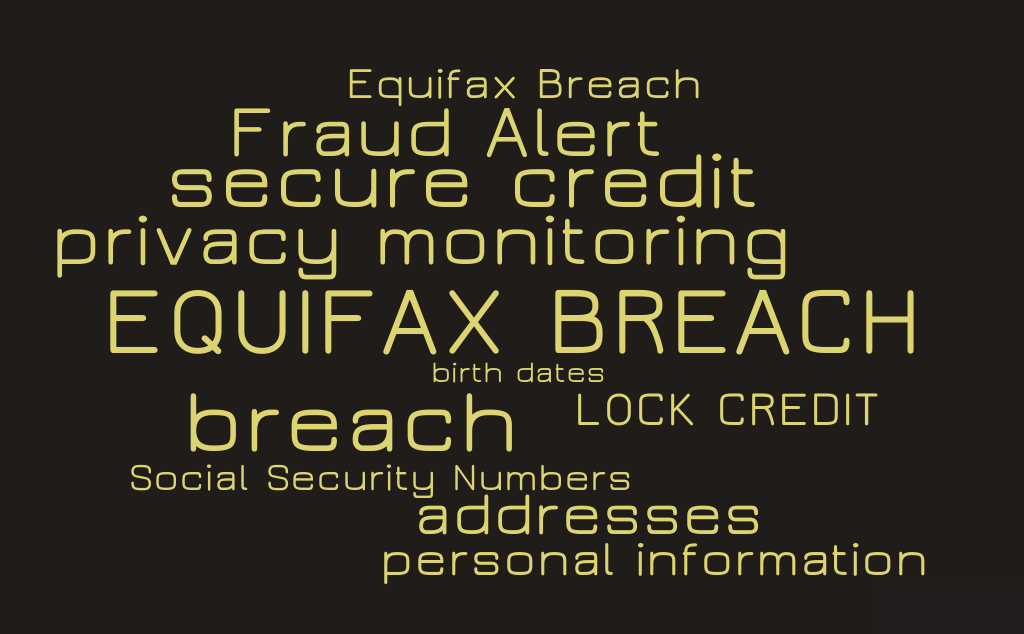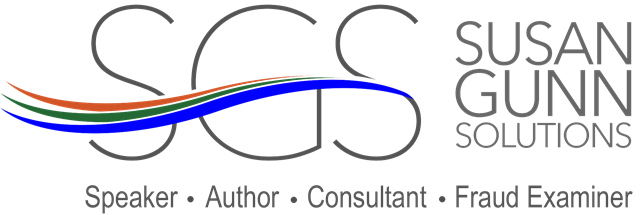
After the Equifax post this past week, many of you had further questions. Allow me to address them now.
Equifax’s Trusted ID program validation email took a few days to arrive in my Inbox. Be patient. Free to those who have been breached or not, I do believe you should take advantage of this offer regardless. Locking the credit does require a few more steps, including adding your social security number. They need the number to know whose credit to lock down. If you still need to check and see if your information was compromised, click here. [Depending on your computer or browser security, you may or may not be able to click on the link. Copy and paste this in your browser: www.equifaxsecurity2017.com.]
TransUnion’s True Identity program is free and allows you to lock your credit instantly. It was very easy to sign in and instantly lock. Take advantage of this offer.
Experian is offering a free service that allows you to see if any of your personal information has been compromised on the dark web. However, until their recent website update, it appeared they only offered a monthly monitoring service, that included freezing your credit. I searched their website for over an hour for other options but only came up with the monthly service. I was very disappointed in them. Now, with their website update, the average user can locate the information but they are still the only one that charges for the service, if the state allows them to do so. The fee varies by state but Texas was $10.83 to freeze my credit.
[Update: See links below to freeze your credit – thank you Malwarebytes!]
Yes, I know there is a fourth very small credit bureau, Innovis. It was founded in 1970 but has never grown to the capacity of the other three major bureaus. For instance, Innovis receives some information from lenders but not all of them report their information to Innovis, nor seek their information. However…
Should you discount them? As the scope of this breach has become greater, no. I completed a Security Freeze Request Online with Innovis. Always better to be safe, than very very very sorry. I recommend you do the same. Innovis.
Yes, if you will not be needing credit any time soon, lock your credit. Assume your information has been compromised. But again, that only pertains to new credit.
- Equifax: (800) 685-1111 or https://www.freeze.equifax.com/
- Experian: (888) 397-3742 or https://www.experian.com/ncaconline/freeze
- TransUnion: (888) 909-8872 or https://freeze.transunion.com/
- Note: their phone prompts move quickly, so have your newly thought-up PIN and credit card information readily available.
- Innovis: (800) 540-2505 or https://www.innovis.com/securityFreeze
Monitor your credit card transactions. That is a great habit I teach to business owners anyway. Download those credit card transactions to an accounting software. Now, it is even more vitally important that you do so.
I use QuickBooks to download my business credit card transactions and Quicken to download my personal credit cards. I recommend downloading them weekly to stay on top of the transactions.
Lifelock has several plans. The premier plan is $29.95 a month. I have the standard $9.95 a month membership. They will monitor the black market for any personal information, as well as give an opportunity to review what personal information is available online within a few keystrokes. Remember, if you own a business that you use your own personal social security number to gain credit or loan approval, you could be affected. Choosing a service like Lifelock could help protect your personal information.
Today I reviewed all the private details that Lifelock found on the internet, and all family members were listed in various degrees and even a couple of friends. Some were high privacy threats that would include my birthdate, email, phone numbers and even court records, which there are none. Though I have searched some of these same websites hoping to gain information on embezzlement subjects, it is a little disconcerting when it is your own information.
Privacy Monitoring is one of the aspects of preventing identity theft. With so much “private” information online, it truly is only one more small step to stealing your identity. I have actually opted out in the past but it has been many years, and I had become complacent. Life Lock’s Privacy Monitoring makes it easy to perform this check and stay on top of it. By the way, the word “private” and the internet are not congruent.
Again, assume your personal information was compromised. Similar to hurricanes, you need to be prepared. Take an hour (or two) to do these four tangible tasks to protect your credit:
- Assume your personal information has been compromised and there will be attempts to obtain credit based on your personal information that would greatly damage your credit. [sometimes people need a worse case scenario….]
- Lock your credit if you will not be in search of credit or a loan in the near future. You can always unlock your credit in case of an emergency. At the least, place a Fraud Alert on your credit.
- Monitor all your credit card transactions to ensure their validity. I keep receipts until I see the transaction on the download in my accounting software. That makes it easier to validate those small $$ amount transactions at out of the norm places. Understand too, other vulnerabilities exist due to this breach, such as tax returns, insurance, benefits, etc. Long term monitoring is required – do not become complacent.
- Do a privacy monitoring check either through Lifelock, who makes that an easy task, or by searching your name. Fill out and opt out when you find yourself listed online. This will need to be done monthly, so if you do it manually, bookmark the website addresses.
Please feel free to share the blog links or follow any of the future blogs that will be forth coming. Later this week, if there is one thing we can take away from the Equifax Breach, it is Why Updating Your Software IS Vital…

